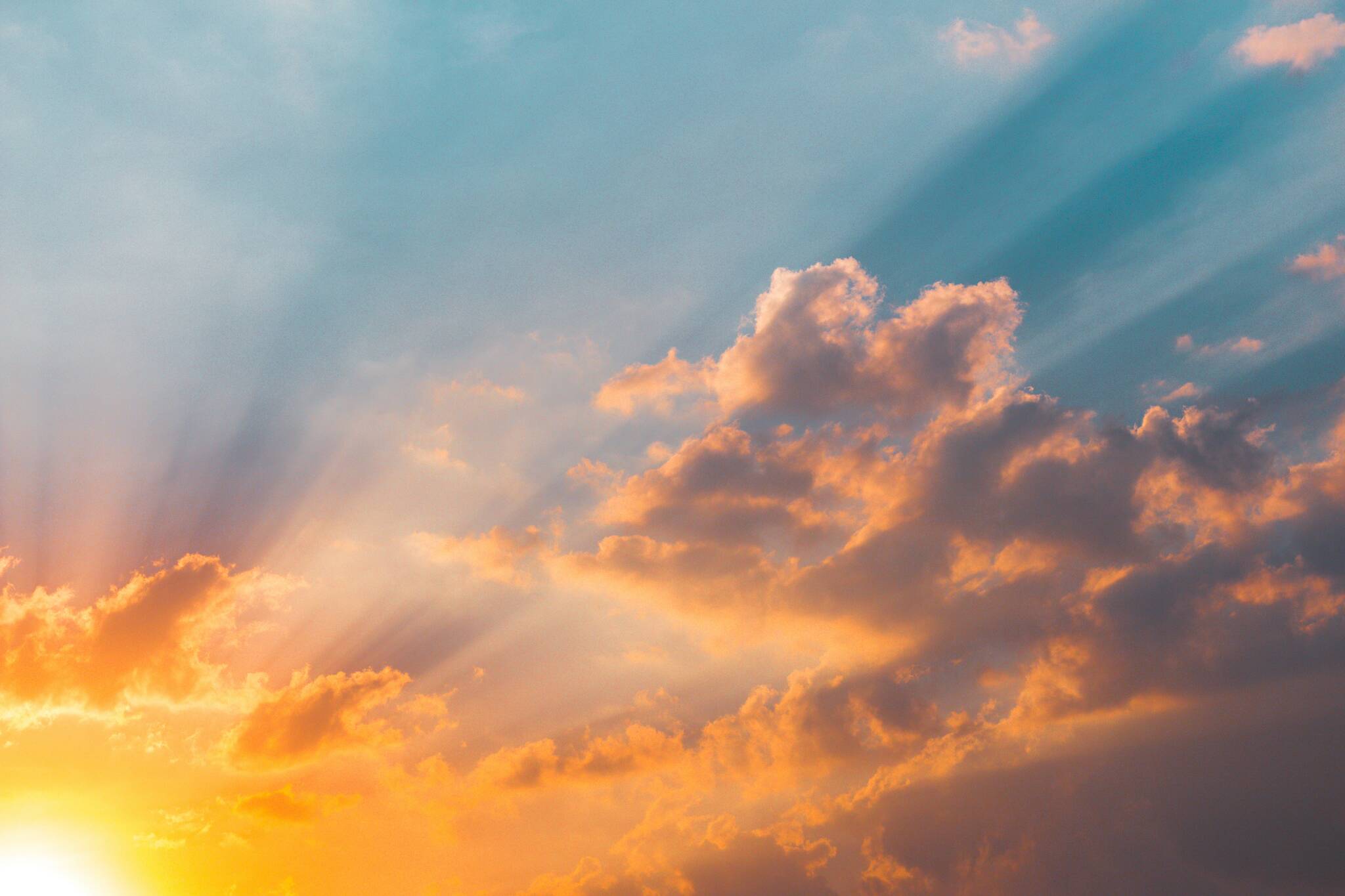Two years ago, Mina, who uses they/them pronouns, was a competitive high school athlete in Alaska when their eating disorder began. In the locker room and the school hallways, students were constantly comparing themselves and talking about body shapes and food rules. No one seemed happy with their weight or body. Mina felt these pressures to lose weight — believing it would help them gain approval from coaches and peers.
They were right. As Mina lost weight, they heard consistent praise from others. In a society immersed in diet culture, few even considered that Mina’s decreasing weight could be the start of a serious problem. In college, their eating disorder spiraled out of control. By the time Mina returned to Alaska at winter break, they were physically unable to climb stairs or lift luggage from the car.
Mina knew something was wrong but wasn’t educated about eating disorders. Fortunately, their doctor was — and quickly realized life-saving intervention was needed. For the next six weeks, Mina was hospitalized, requiring 24/7 intensive care. Once medically stabilized, they entered residential treatment outside of Alaska, where they received therapy and nutritional care for five months.
Like Mina, many other Alaskans struggle with eating disorders, a potentially deadly disease that is becoming more common. The Alaska Eating Disorders Alliance is working to increase Alaskans’ awareness of and response to these illnesses during Eating Disorders Awareness Week, Feb. 27-March 5, and all year long.
A statewide nonprofit, AKEDA focuses on education, advocacy and support for Alaskans affected by eating disorders. The organization fulfills its mission through a variety of programs. AKEDA offers support groups to families and friends of loved ones, as well as for adults working towards recovery. We provide educational trainings to increase the professional capacity of Alaska’s healthcare workforce to address eating disorders locally. AKEDA’s website provides an increasing array of resources for all community members, including a listing of local providers. We partner with tribal health organizations, school districts, and health providers across Alaska. With local and national partners, AKEDA engages in advocacy to ensure access to treatment and address gaps in care.
There is an urgency to AKEDA’s efforts. One in nine, or more than 65,000 Alaskans, will have an eating disorder in their lifetime. Eating disorders have the second highest mortality rate of any psychiatric condition. Death rates are elevated due to life-threatening medical complications and high suicide rates associated with this illness.
A serious complication for Alaskans requiring treatment is that our state only has outpatient services available for this illness, and within that, a limited number of specialists. As a result, many patients must wait months for this life-saving care. Alaskans requiring higher-levels of care must travel to another state at substantial cost, even for those with private insurance. For the most vulnerable on Medicaid, the only option for higher level of care is through a single state-contracted center located outside of Alaska. Unfortunately, this facility only treats females ages 13 and up – leaving a gap for Alaskans younger than 13, male, transgender or non-binary.
“Living in Juneau is isolating especially when you experience a serious medical or mental condition. There are not many providers or resources available to those who experience the effects of an eating disorder in our community,” notes Keegan Carroll, AKEDA Board Member. “This lack of care and education can have fatal consequences, that is why I fight to bring more education, awareness, and advocacy to our city and state. As a board member, someone with lived experience, and a wellness coach, I continue to push for more provider trainings to recognize, refer, and appropriately treat those who experience eating disorders.”
What can Alaskans do? First and foremost, reach out if you need help or if you suspect someone else might be struggling with an eating disorder. These are not lifestyle decisions or personal choices; they are life-threatening illnesses requiring early and intensive intervention. If you are a medical or mental health provider, become informed through one of AKEDA’s many trainings. Join one of AKEDA’s free, confidential support groups. Getting involved, spreading awareness, or donating to AKEDA helps brings hope and resources to Alaskans affected by eating disorders.
Today, Mina is thriving at UAA and is in solid recovery. Mina’s message to others: don’t ignore an eating disorder. It won’t go away on its own and asking for help is a sign of strength, not of weakness. With awareness, support and treatment, recovery is possible at any stage.
• Beth Rose and Jenny Loudon co-founded AKEDA, www.akeatingdisordersalliance.org. They each recovered from an eating disorder when they were teens and have supported loved ones and friends experiencing this illness. They started this organization so that no one else would have to walk this journey alone. Columns, My Turns and Letters to the Editor represent the view of the author, not the view of the Juneau Empire. Have something to say? Here’s how to submit a My Turn or letter.

